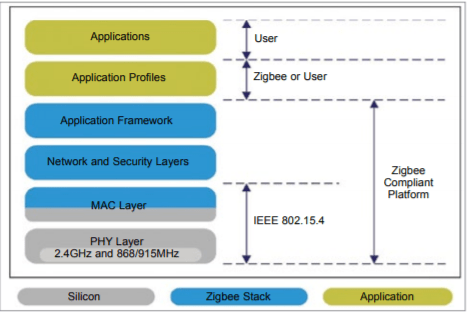Microsoft introduced Azure IoT Edge to allow deployment of cloud intelligence directly on IoT devices for enterprise-grade deployment
At the Build developer conference, Microsoft announced new IoT Edge capabilities including integration with Microsoft AI services and container support for Kubernetes, new partnerships, and integrations with third-party hardware including DJI drones and Qualcomm vision AI developer kit at the edge.
New capabilities in Azure
Microsoft is now introducing new capabilities on Azure IoT Edge to easily develop and deploy intelligence to the edge. IoT Edge is open sourced and available on GitHub reflecting the company’s commitment to open source support for Azure IoT Edge and gives developers greater flexibility and control of their edge solutions.
There’s also support for Moby container management system, the open-source platform that Docker is built on, that allows extension of concepts of containerization, isolation, and management from the cloud to devices at the edge. There’s also a new and simplified developer experience. Azure IoT Edge supports more languages than other edge offerings today while VSCode offers simplified module development by coding, testing, debugging, and deploying.
Protection of IoT edge device
Also, Azure IoT Edge now has deep integration with Device Provisioning Service for zero-touch provisioning so that a device can simply be provisioned in the field with no operator intervention. Azure IoT Edge security manager protects the IoT Edge device and all its components by abstracting the secure silicon hardware and the Automatic Device Management (ADM) service allows scaled deployment of IoT Edge modules to a fleet of devices based on device metadata.
There are three components required for Azure IoT Edge deployment – Azure IoT Edge Runtime, Azure IoT Hub, and edge modules. While the runtime is free and will be available as open source code, customers will need an Azure IoT Hub instance for edge device management and deployment if they are not using one for their IoT solution already










